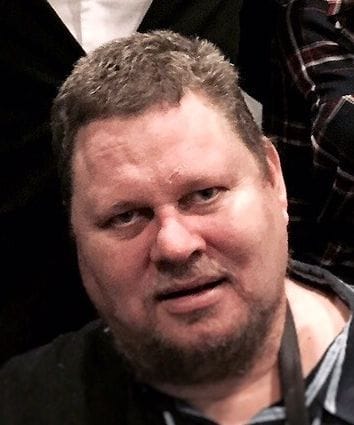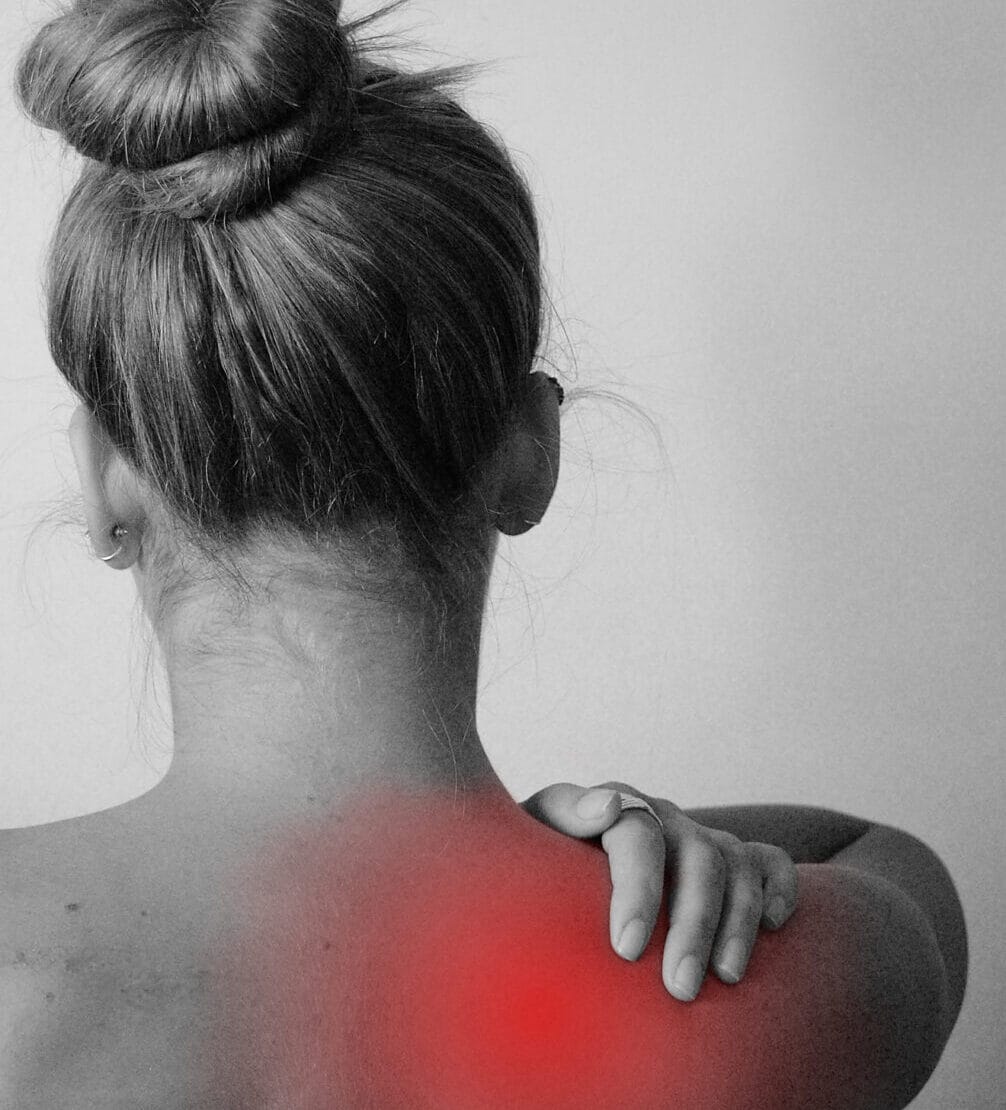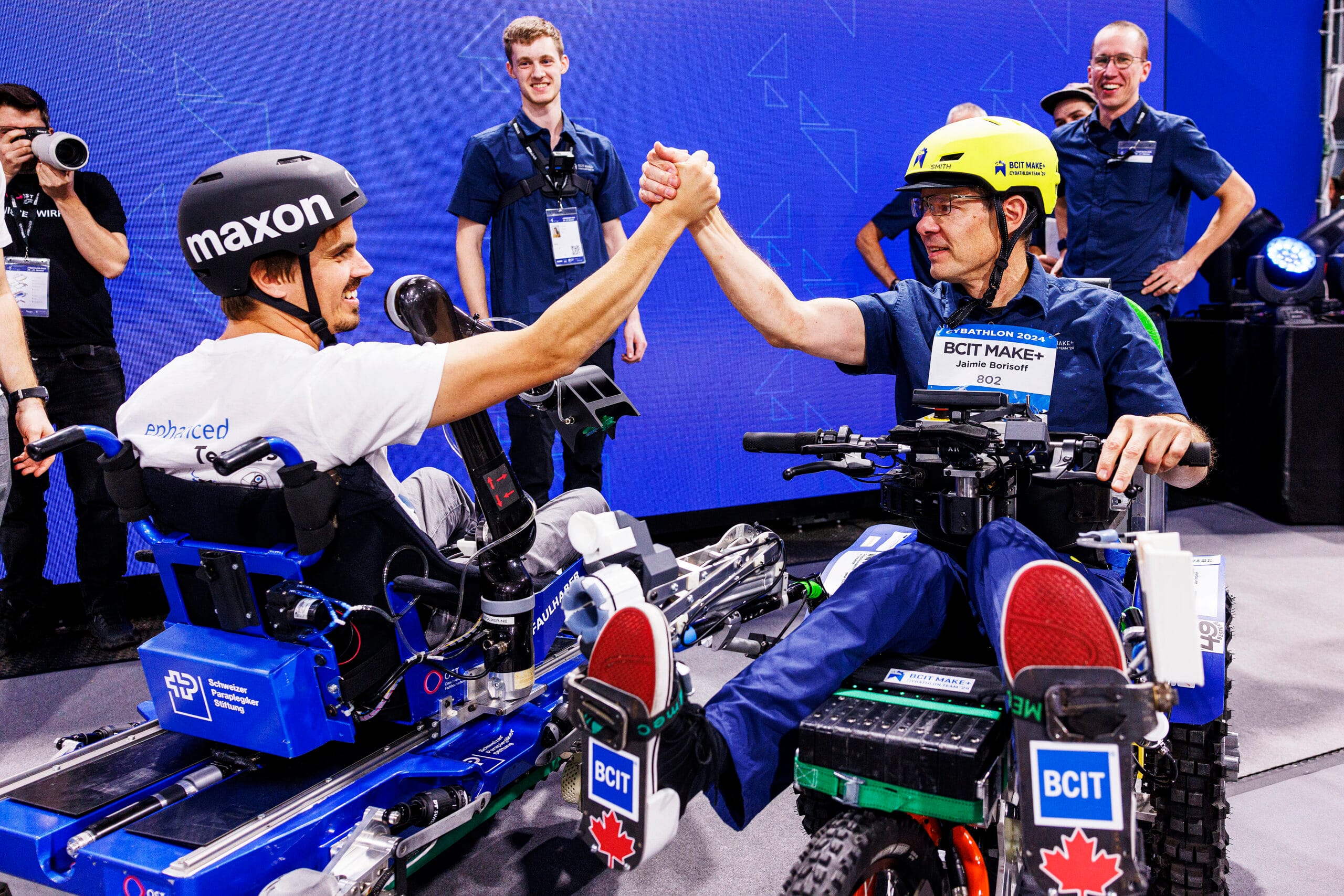Gimp. Cripple. Spaz. When it comes to the language of disability, the line between empowering slang and offensive slurs isn’t always so clear cut. Word-smith and SCI BC Richmond Peer Coffee Group leader George Pope weighs in.In January 1990, I became crippled. Don’t get upset, I’ll explain this.
Note the adjective form—a literal and accurate word to describe my inability to walk in the easy manner I always had before my aneurysm and stroke. Thus, I’m crippled. Note: I am not “A cripple.” I’m a person, first and foremost; that’s not “politically correct” or “person-first language”; it’s a fact. I am a person who was crippled by a cerebral vascular accident.
Don’t call me a cripple, because becoming crippled is what happened to me. I’m still me, I just don’t walk so good.
And, PLEASE, don’t say I’m “physically challenged”. We’re all physically challenged, in different ways (gravity is constant); Sir Edmund Hillary was especially physically challenged, but certainly did not have a mobility difficulty.
I do use one noun, CRIP, which stands for “Chair Riding Independent Person” (I need someone to design a cool flaming logo with a “C.R.I.P.” sitting in a flaming wheelchair.)
However, I respect the rights of others to choose their own terminology for themselves; if you prefer “physically challenged” over “crippled,” then so be it. I respect and accept YOU as an individual. Though I’m not necessarily so openly accepting of any old organisation that forms just to tell us how we “should” speak and write.
My first physio terrorist used to give me heck for referring to my “good” and “bad” sides, because her course taught her to call them the “strong” and “weak” sides. I stopped referring to my left side as “bad” in front of her, and instead called it my “dead” arm; that didn’t satisfy her either, go figure!
If I have two arms (and I do), with one being non-functional—it is “alive” because it has blood circulation and hurts often, but so what?—in value to me, it’s close enough to dead that that’s my preferred term.
We’ve all been told not to give offense, and I’m good with that, but how about people stop TAKING offense, too!
If you choose to be offended by how I refer to myself, or how someone else refers to him or herself, YOU are the problem, not the language being used. My Mama always taught me not to take things that don’t belong to me, so if I see an OFFENSE, I leave it alone.
The first organisation I was part of was the Vancouver Young Adults Stroke Club; we’d meet monthly to chitchat, share information, and plan fun social activities. Someone would suggest we go to the IMAX theatre, and we’d get a volunteer to call them to ask about prices and availability. And you can bet one person would call out, “Don’t forget to ask if they give discounts to cripples!” We chose to make a point of not taking our disabilities seriously.
Then, years ago, a friend related a story: she was in Metrotown, sitting having a cigarette (yes, that long ago!) when she saw a young woman coming towards her in a wheelchair. This girl was a quadruple amputee. My friend’s initial thoughts must have showed, because the girl wheeled right up in front of her and said, in a very clear tone, “Don’t you DARE feel sorry for me! I know what my disability is. What’s YOURS?” Instead of getting mad, as some might, my friend chose to think about the point the girl was making and vowed to never consider anyone else lower, or herself higher, because of differences in abilities.
I like to conduct myself the same way.
Save
Save
Save Do you agree with George? Leave a comment below.




